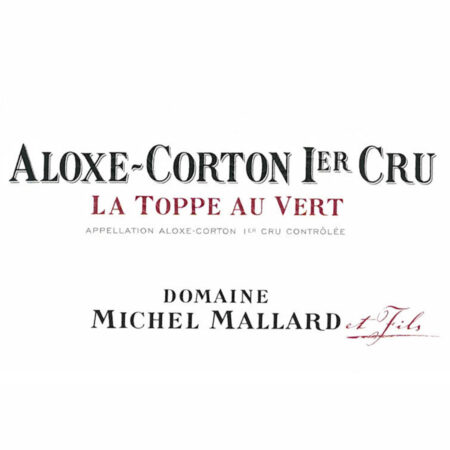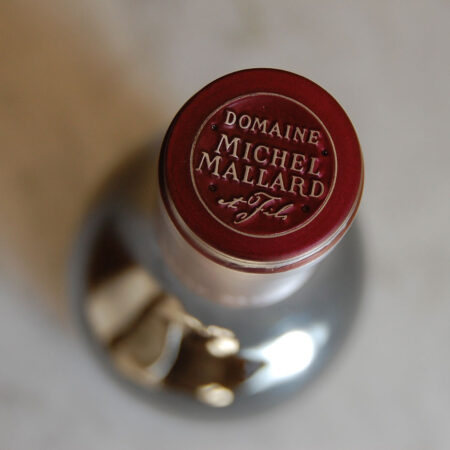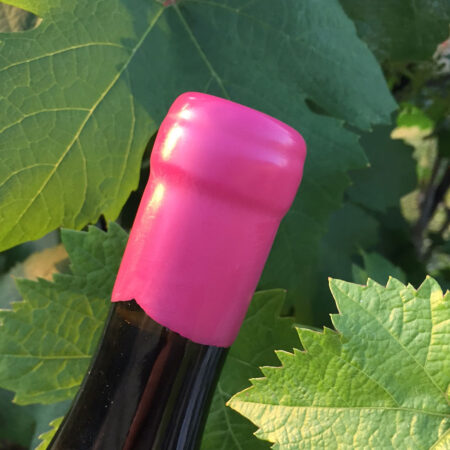Description
The name Clos de la Roche is said to come from the topography of the clos « on the rock ». Another idea is that there perhaps existed a rock at this place that was linked to a druidic or Celtic cult. This appellation has existed at Domaine Amiot over at least four generations.
Vines planted from 1965 to 1982. Low yields. Lute raisonnée farming. One racking by hand. Not fined or filtered.
On the nose, floral aromas of rose and violet mingle with those of cranberry and cherry, together with notes of pepper and truffles.
The ample and well-balanced palate is of great complexity, with exceptional length.
This wine possesses the power and aromatic richness ideal for enhancing red meats, game dishes in sauce but also all mature cheeses.
Clos de la Roche and it’s terroir
Clos de la Roche is an east-facing vineyard at the northern end of Morey-Saint-Denis, just south of the Grand Crus of Gevery-Chambertin. To the south is Clos Saint-Denis. It is known and possibly named for the big limestone boulders in the vineyard. The marlstone reddish silty clay soil is rich with calcium carbonate and lime and is very thin. The roots grow through only a couple of feet of this rugged top soil and then struggle through many feet of limestone to reach moisture. These struggles lead to a wine with tremendous ageing potential. Similar to other Morey vineyards, there is no evidence that it was a true Clos, but perhaps it was walled in some way in the times of the Romans or the Cistercians who developed these vineyards.
About Domaine Amiot et Fils
The Amiots have been making wine in the Cote de Nuits for 5 generations. They make stunning Morey-Saint-Denis Reds including Grand Cru Clos de la Roche, Premier Cru Les Millandes and Morey-Saint-Denis Village. In Gevrey-Chambertin they make an excellent Premier Cru Les Combottes. They practice low yields in the vineyard (25-35 hectoliters per hectare), lute raisonnée (eliminating, when possible, the use of synthetic fertilizers and pesticides), de-stemming and a 20 day maceration of the berries. The wine is kept on its lees until the one racking just before bottling. The wines are not fined or filtered. All of this extreme care of the land and berries along with little to no disturbance of the wine in barrel leads to extremely smooth wines. The wines and family are very well regarded in Burgundy, but since they do no publicity and are uniquely focused on tending their excellent holdings and winemaking, many have not heard of them or tried their wines before. This is what makes it so exciting as an importer to introduce our customers to these very special wines!






